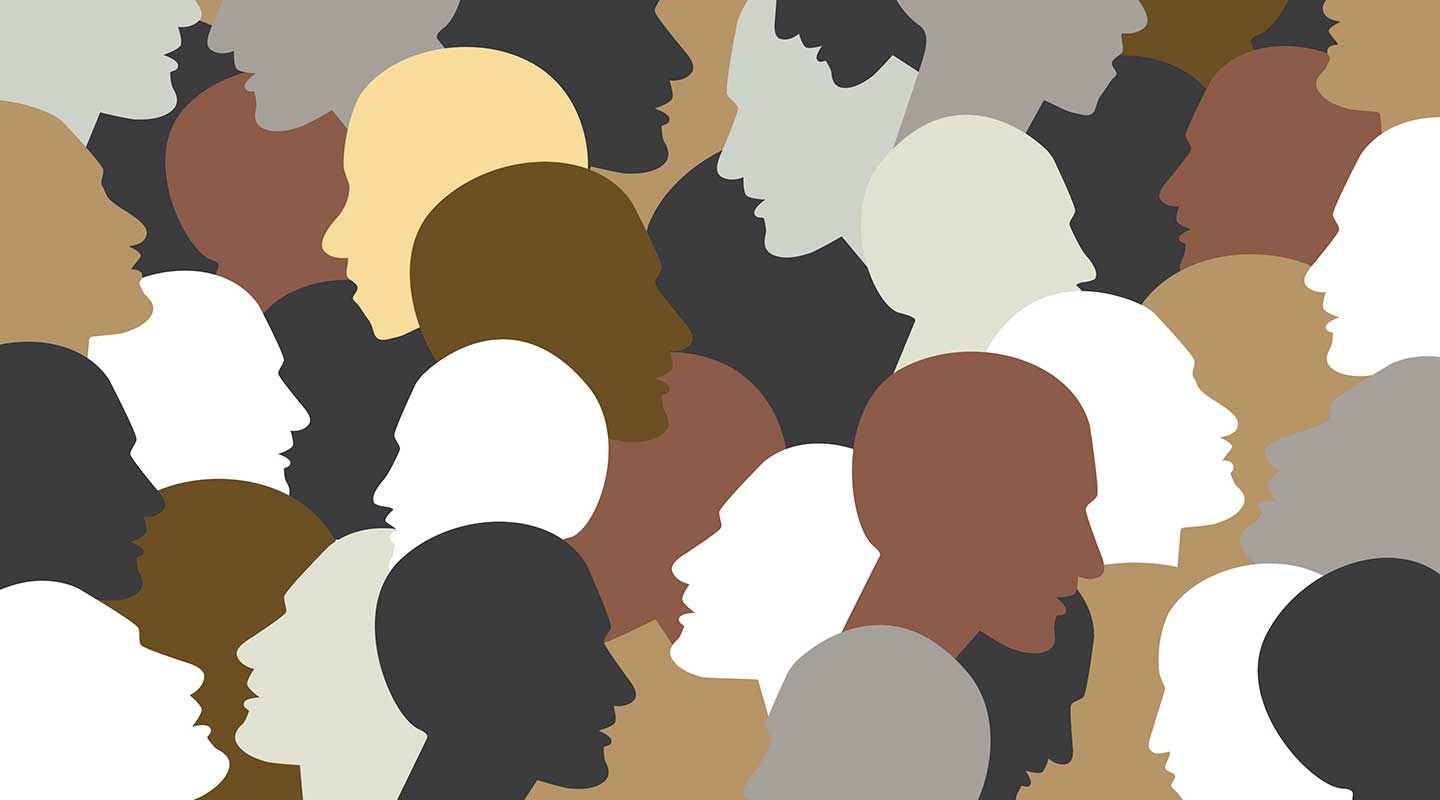MHCC PROMOTES THE AFRICAN-AMERICAN EXPERIENCE WITH NEW COURSES

Following the death of George Floyd and the protests that followed, MHCC has been opening up further dialogue and pushing for new courses that focus on “the African-American experience” in light of the increasing intensity surrounding race relations.
Too few Mt. Hood students registered for three courses that were to start in Fall Term, and they were canceled.
But these courses are now being offered for the Winter Term that starts on Jan. 4:
• History (HIS) 265: African-American History 1
• English (ENG) 257: African-American Literature
• Psychology (PSY) 237: Human Development/African-American Experience
Leading the charge for introducing new courses at Mt. Hood is Sara Rivara, dean of humanities and social sciences. She has been vocal about opening courses that promote learning, exposure and understanding the African-American perspective. In June, she put out a call to action within her department to “brainstorm” an idea of how to address the social situation in the college.
“The classes that they (instructors) developed – in psychology, literature and history – arose organically out of that process,” said Rivara.
She said that MHCC once offered an African-American history course, but it was scrapped due to the school wanting to focus on “core classes” instead of what was considered a “specialty class.” She was opposed to the decision, noting that core classes often focus on literature written by white men. Even so, none are called “White History” or “White Literature,” she said.
As a result, said Rivara, “What does it say to students who are not white when their lives are not reflected in the curriculum, or considered not important enough to study?”
Psychology instructor Nicole Bragg-Scott, who leads human development classes, said she has been fully supportive of the push to promote African-American exposure. While she acknowledges Mt. Hood’s push to focus on core courses, said added, “What does ‘core’ mean?”
Because the course is required for some MHCC students pursuing careers such as nursing, Bragg-Scott has assured those enrolled that it does not take away from the overall class content but rather, adding the African-American viewpoint is more like “icing on the cake.”
English instructor Scarlett Saavedra is also thankful for Rivara’s push to add African-American literature into the experience of Mt. Hood students, she said. Much akin to her other English courses, Saavedra intends on teaching the ENG 257 course “thematically and not historically,” she said.
Saavedra called it a shame that there is not enough knowledge about African-American authors in American history, saying their works show a brilliant “display of self-defiance and love in the culture” and offer prime material for a course because “literature is about being human.”
By the Advocate publication deadline in early December, an instructor had yet to be assigned to teach the History 265 course.
OFFERING A ‘LIFE LESSON’
Meantime, the driving force among the three women interviewed seems to stem from both their personalities and their personal experiences. Rivara said that being in an administrator position means that she not only has the power to influence the learning experience of students, but also the priorities of the MHCC administration because, “It’s my responsibility to also question the status quo.”
Bragg-Scott is personally motivated to teach her course because the perspective of being a “Black woman is the only one I have ever had” and that learning from only “one view is irresponsible,” she said. Understanding all, or as many perspectives as possible, is important, with a personal realization there is a professional use – using a medical practitioner’s bedside manner as an example where understanding the perspective of African-Americans has a practical application and is ultimately a “life lesson,” she said.
She also adds that she has been teaching at Mt. Hood since the mid-2000s and has seen the demographics at the college change, and believes the curriculum has to change to keep up.
Saavedra used to teach in the American South. She recalled once telling her class to look out the window and asking, “What do you see?” She explained to her students that there used to be a cabin where African-American children were illegally educated despite the dangers of lynching, if discovered.
While Saavedra notes that while there has been racial progress, “White and Black students should be concerned with Black students’ lives because they’re entwined and even racially mixed, to some degree.” This serves as one of her larger motivations to lead the change to promote African-American culture and to teach the course.
Having grown up in the South, Saavedra has said that the “matrix of Southern culture is black” and that it is important to understand and solve current social issues and help students of all colors discover the beauty of African-American literature.
Both Bragg-Scott and Saavedra have similar goals in what they want their students to gain from taking their courses: That all students come out of their class with an experience or thought that they have not considered before.
Besides the course material, Bragg-Scott emphasizes that she hopes to see a tangible result, such as volunteering or even a ripple effect where students get more familiarity talking about the subject among themselves and potentially with others. While her students don’t have to agree, it is always good to be exposed to something new, she said.
Saavedra focuses more on the potential for a romantic vision: She explains that one of the beauties that literature grants its students is empathy and perspective, in that readers “are in the head of the character and in their feet.”

Leave a comment